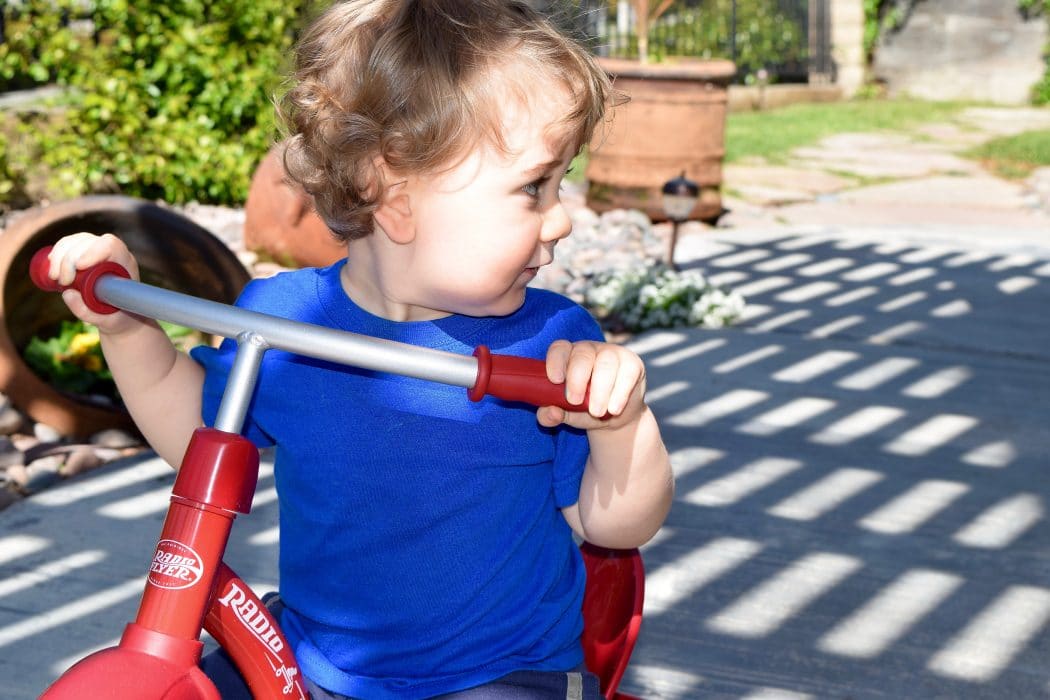I had an interesting conversation with one of my art professors in college. We were discussing how to respond to a child’s artwork. He told me that in order to prevent children from having a skewed opinion on their artwork, as well as to motivate them to improve, an adult should tell the child that his artwork is “interesting” instead of “wonderful”, “good”, “amazing”, etc. At that point, I was already working with children at a daycare and was up to my ears in praise. I spent each day saying, “good job!” or “you’re so smart!” or “you’re the best artist!” for nearly everything that each child did. It wasn’t just me. My co-workers and superiors, teachers, and parents all seemed to lay down the praise pretty darn thick. This is most definitely ingrained in American society. After my conversation with one of my most influential teachers, I started to reconsider how I complimented children.
Now that I have a child of my own, I am thinking even more about how I go about praising and complimenting him. I first noticed it when he was just starting to play with toys. I would explode with pride and an over the top “good job” every time he did…well….anything.
Why? Why did I feel the need to inflate his ego? Why did nearly everyone I knew also lay the praise on thicker than molasses?
Parents compliment their child because we want them to: feel good about themselves, be motivated to do well, and eventually become successful.
The self-esteem problem.
We all want our kids to be happy and self-confident. Self-esteem and self-confidence have been linked to happier and more successful. But this is not as simple as it sounds. Kids that have parents and teachers who are consistently reminding them of how smart or talented they are definitely have high self-esteem. But this self-esteem is limited because it is strictly extrinsic, meaning that it is driven by forces outside of themselves. With all of their self-worth dependent on outside forces, they end up feeling unhappy and are unable to cope when faced with failure. And what’s worse is that children who are over-praised and have an inflated ego are often narcissistic and lack empathy. True self-esteem and self-confidence are built by the child and non-intrusive support. When a child works hard at something and experiences success or achievement, it builds self-esteem intrinsically.
The motivation problem.
One of my own reasons for complimenting my child was to motivate him to keep trying. We are, as a society, afraid to hurt a child’s feelings in fear that they will give up or not want to try again. But there are issues in the way that we typically go about trying to motivate children. When kids are told how smart or talented they are so frequently, they begin to believe that they should not have to try. If a child is told again and again that they are so good at something, they lack the motivation to improve or to do better because they already believe they are at the top. Overpraised kids have an inflated sense of their own importance. Motivation begins with the desire to do better and to improve, an action that begin with humility.
The success problem.
Self-esteem and motivation should work together to create a successful person. But an overpraised child does not always end up as a successful adult. In fact, researchers are finding that overpraised children are less likely to reach success. My generation and those after me are facing a huge dilemma. Once we are thrown into the real world, we stall. Now, freshman in college are less able to deal with failure due to a lifetime of gold stars and praise for very little effort. And once in the job market, many struggle with not being good at things right away or have trouble handling criticism. I know as a member of an overpraised generation, I struggle with all of the above. The problem is that too many compliments and praise leads to a lack of resilience. If children are allowed to struggle or even fail, they develop an internal resilience that makes them better able to bounce back. Most of the time, they will not be the best, they will not succeed after a first attempt, and they will have to deal with harsh criticism. Teaching kids that they will always feel good in their endeavors does not set them up for success.
To praise or not to praise?
Like so many other things, this is not a black or white answer. There is only a whole lot of grey. Praise can be a wonderful thing, if used when the child has truly earned it. It can reinforce what they already feel inside, which validates their feelings and gives them a boost. There are other times when praise may not be warranted, such as a child playing by themselves or if they failed at something.
- Save the compliments: Dishing out all the praise too often can significantly lessen it’s impact. Saving a compliment for rare moments will mean much more to the child. Everyday achievement doesn’t need parental praise and a child will most likely already feel good about all those minor successes. Saving the praise makes sure that your child knows that you mean it.
- Use the facts: Say things like “interesting”, “colorful”, or “bold” to describe something a child has done. Not only will this expand their descriptive vocabulary, this will give the child a chance to form an opinion of their own.
- Ask questions: Instead of diving into compliments, asking a child about something they have done or are working on is another great way to help them to evaluate their own work. Instead of telling them what is good, ask them what they like about what they did or what they believe they can improve on. This is a huge step towards responsibility for their own success later in life.
- Focus on the journey: Sometimes kids work really hard on something that doesn’t turn out that great. It’s dishonest as a parent to praise something not exactly praise-worthy. Instead, talk about their effort, how significant effort can be, and how all that effort will help them to improve or do better next time.
- Love them: Not praising does not mean being a jerk to your kid. There’s a fine line between being supportive and being dishonest. Failure can be tough on kids, so simply being there with advice and guidance makes a larger impact than covering up hardships with gold stars and praise. Help kids to know they are not alone, but that they can achieve their goals all by themselves.






